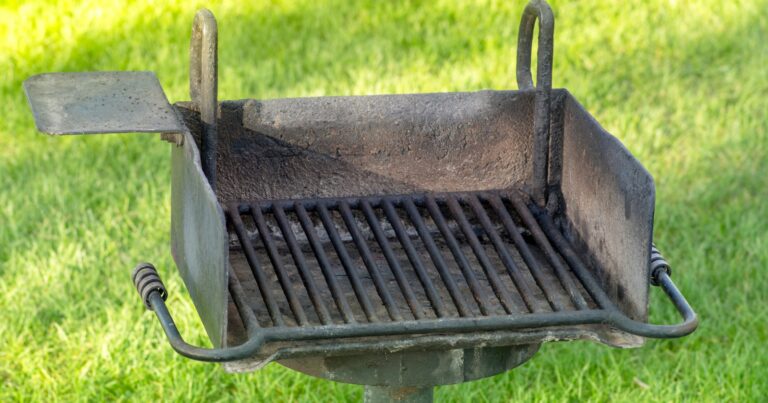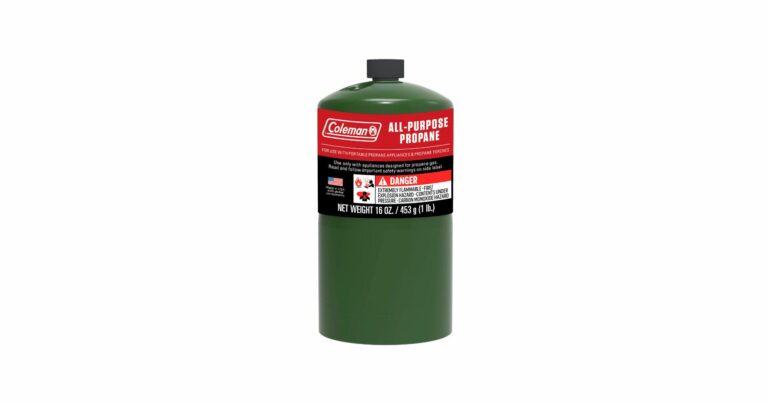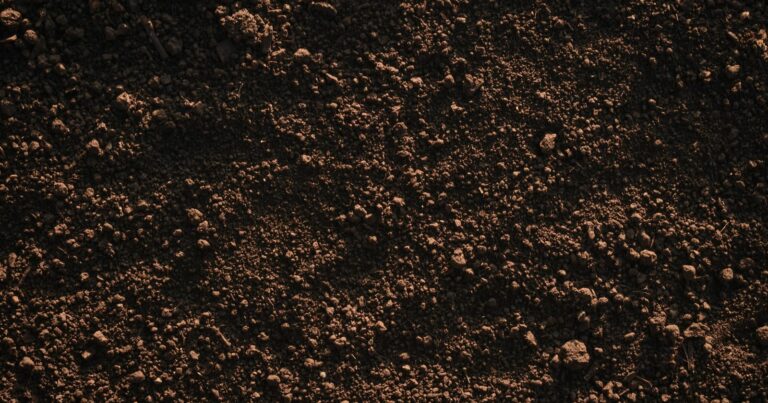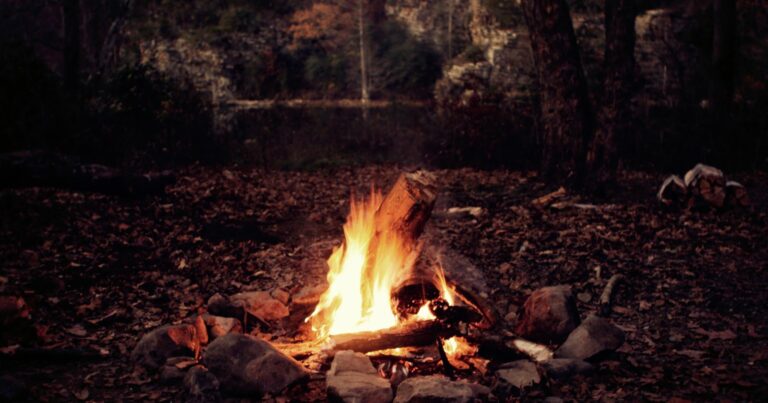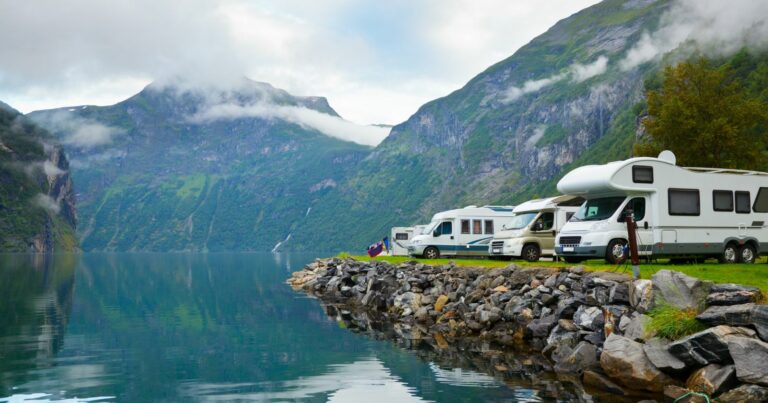How to Clean Dishes While Camping: A Step-by-Step Guide
Roughing it in nature has its appeals, but coming home to a pile of dirty, grimy dishes isn’t one of them. After cooking and dining al fresco, you need to know how to effectively clean dishes while camping. Otherwise, you’ll be stuck with a messy, unsanitary situation.
The good news is you don’t need running water or electricity to wash dishes in the wilderness. With some simple supplies and proper techniques, you can easily scrub pots, pans, plates and utensils spotless. The key is using biodegradable soap and dispersing wastewater properly.
A little campsite elbow grease lets you enjoy delicious camp meals without dreading the aftermath. Say goodbye to foul-smelling containers and critter-attracting crud. A few easy steps mean you can focus on fun in the outdoors, notcleanup. Next time you go off the grid, be empowered to wash dishes like a true nature lover.
Why Cleaning Dishes is Important When Camping
After cooking and eating in the outdoors, dirty dishes can:
- Attract bears and other wildlife with food residue smells.
- Lead to unsanitary conditions that spread germs and illness.
- Create an unpleasant atmosphere at the campsite.
- Damage the environment if soaps and food waste aren’t properly disposed of.
Washing dishes prevents these issues, leading to a cleaner, safer, and more enjoyable camping experience for everyone.
Supplies Needed to Wash Dishes While Camping
Washing dishes while camping requires just a few key supplies:
- Two containers/basins – One for wash water, one for rinse water. Can be buckets, sinks, or tubs.
- Biodegradable dish soap – Choose an eco-friendly formula.
- Pot scraper – Removes stuck-on food residue.
- Scrub pads/brushes – For tougher grime.
- Dish rags – For washing and drying.
- Portable water carrier – For heating wash water.
- Camp stove/fire – Heats the water for cleaning.
Packing these items makes cleanup after meals a breeze.
How to Clean Dishes While Camping: Step-by-Step
Follow this method for washing dishes at your campsite:
1. Scrape Off Excess Food
Before washing, scrape off excess food scraps into the garbage using a spatula or scraping tool. This prevents food from contaminating the washing water.
2. Heat Water
Heat a pot of water over the campfire or camp stove. The water should be hot enough to cut through grease and debris.
3. Set Up Wash Station
Fill one basin or container with the hot, soapy wash water. Use a small amount of biodegradable soap. Fill another with hot rinse water.
4. Wash the Dishes
Wash dishes in the soapy water using a scrub brush or pad to remove stuck-on food. Start with the cleanest dishes first, moving to dirtiest last.
5. Rinse Dishes
Transfer dishes to the rinse basin to remove soap residue. You can also use a spray bottle for rinsing.
6. Allow to Air Dry
Set dishes out to air dry completely before packing them up. You can also towel dry if needed.
7. Dispose of Wastewater
Scatter dirty wash water over vegetation or gravel away from water sources. Pack out food scraps.
The 2-Basin Method for Camp Dishes
The 2-basin method is recommended for camping dish washing. Here’s why it’s effective:
- Keeps washing and rinsing water separate.
- Allows dirtiest dishes to be washed first.
- Prevents cross-contamination between dishes.
- Enables thorough scrubbing in soapy basin.
- Removes all soap residue in rinse basin.
Dedicate one basin for soapy wash water only. Use the second for clean rinse water.
Disposing of Waste Water and Food Scraps
Proper disposal of wastewater and food debris is crucial to leave no trace.
- Transport all gray water at least 200 ft from water sources.
- Strain out food bits through a screen.
- Scatter water broadly over soil, gravel, or vegetation.
- Pack out all remaining food waste.
Never dump wastewater directly into lakes, streams, or rivers.
Drying Dishes
Dishes must be fully dried to prevent mold growth.
- Allow dishes to completely air dry.
- Blot dry with a towel if needed.
- Avoid drying by campfire soot or ashes.
- Don’t pack away dishes that are still wet.
Let dishes dry thoroughly before packing up camp to leave no trace of moisture.
Alternative Camping Dishwashing Methods
If short on water, try these other dish washing options:
Limited rinse water: Wipe dishes clean with paper towels after soapy wash.
No heated water: Use cold water and vigorously scrub dishes.
No basin: Wash dishes directly in a large pot.
Low water supply: Spot clean dishes with wet wipes, then finish washing at home.
Get creative when needed! The key is removing all food residue.
Washing Personal Items and Camp Cookware
The same washing method applies for other camp items:
- Pots/pans: Use scrub pads to remove stuck-on food.
- Utensils: Pay attention to grease on forks, spoons, and knives.
- Plates/bowls: Hot water helps lift oil and grease.
- Mugs/cups: Use a bottle brush to clean insides.
- Hands: Wash with biodegradable soap after meals.
Scrub all items thoroughly and rinse away all debris and soap.
Dishwashing Tips and Tricks
- Wash dishes right after cooking and eating when food residue hasn’t dried on.
- Start with glasses and utensils before pots and pans.
- Don’t use harsh dish soaps that contain bleach, phosphates, or ammonia.
- Scrub gently to avoid damaging non-stick coatings.
- Keep one set of cooking/eating utensils separate for each person.
- Use hot water and long soak times for stuck-on oatmeal, eggs, or cheese.
- Allow cast iron pans to air dry fully to prevent rust.
Enjoy Spotless Dishes All Camp Trip Long
Washing dishes after camp meals may feel like a chore, but it’s a necessary task. Following these techniques allows you to keep cookware clean and hygienic all trip long.
Say goodbye to messy, smelly dishes! With some elbow grease and biodegradable soap, you can enjoy preparing and eating delicious campfire cuisine without dreading the cleanup. The wilderness is your dishwasher—all it takes is some hot water and scrubbing.


